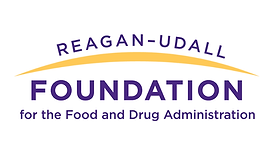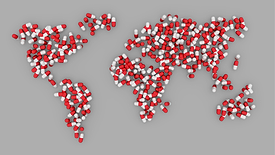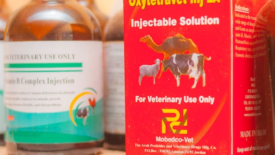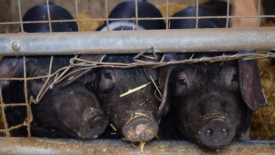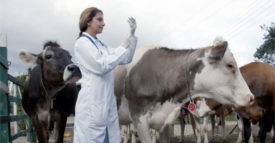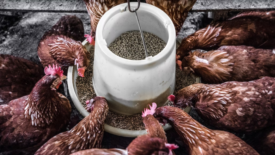Home » AMR
Articles Tagged with ''AMR''
Paradise Lost: The Impact of the Emergence of Antimicrobial Resistance on Food Safety
The emergence of AMR in foodborne bacterial pathogens is a growing public health crisis, complicated by the overuse of antibiotics in agriculture
June 12, 2023
Never miss the latest news and trends driving the food safety industry
eNewsletter | Website | eMagazine
JOIN TODAY!Copyright ©2025. All Rights Reserved BNP Media.
Design, CMS, Hosting & Web Development :: ePublishing


